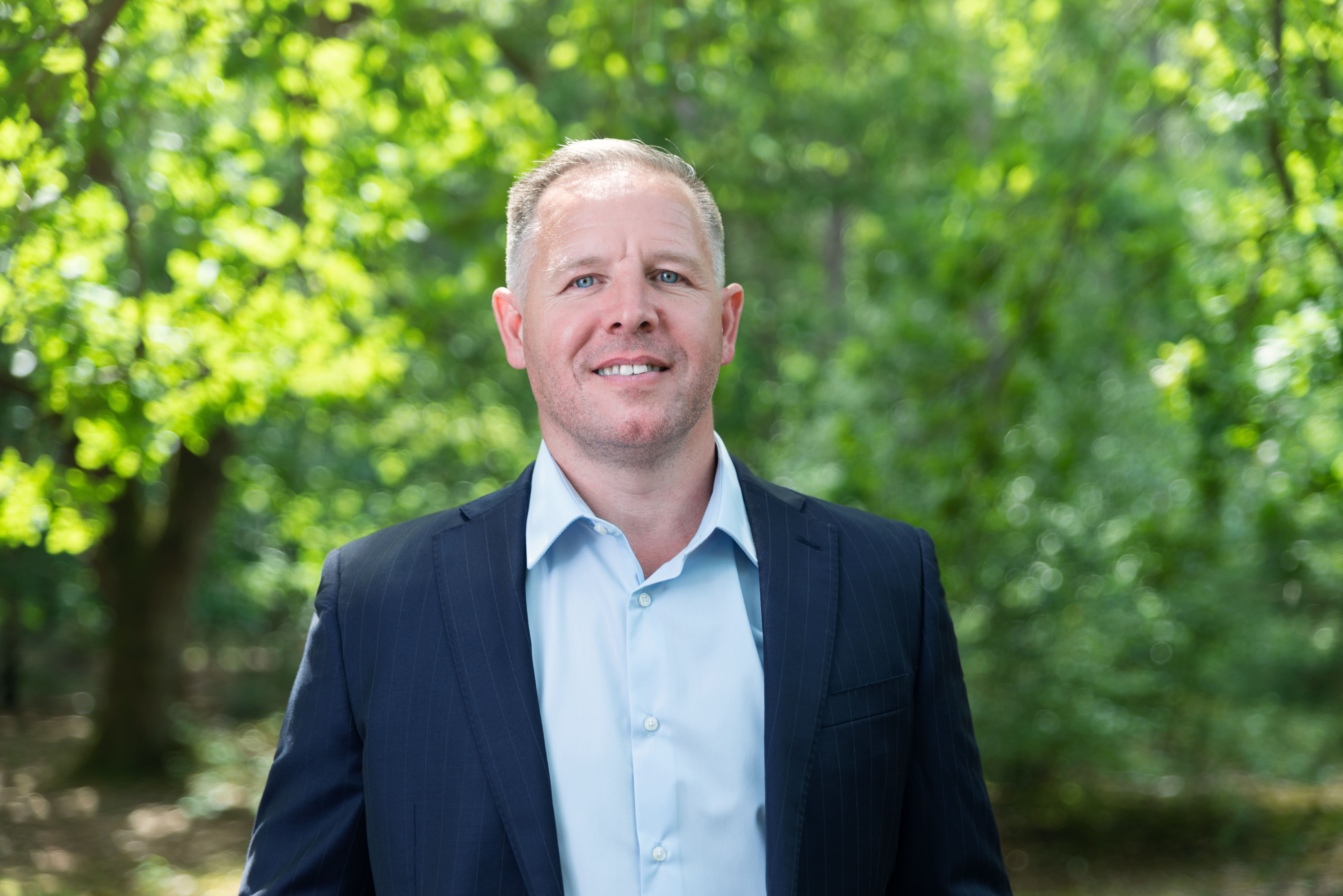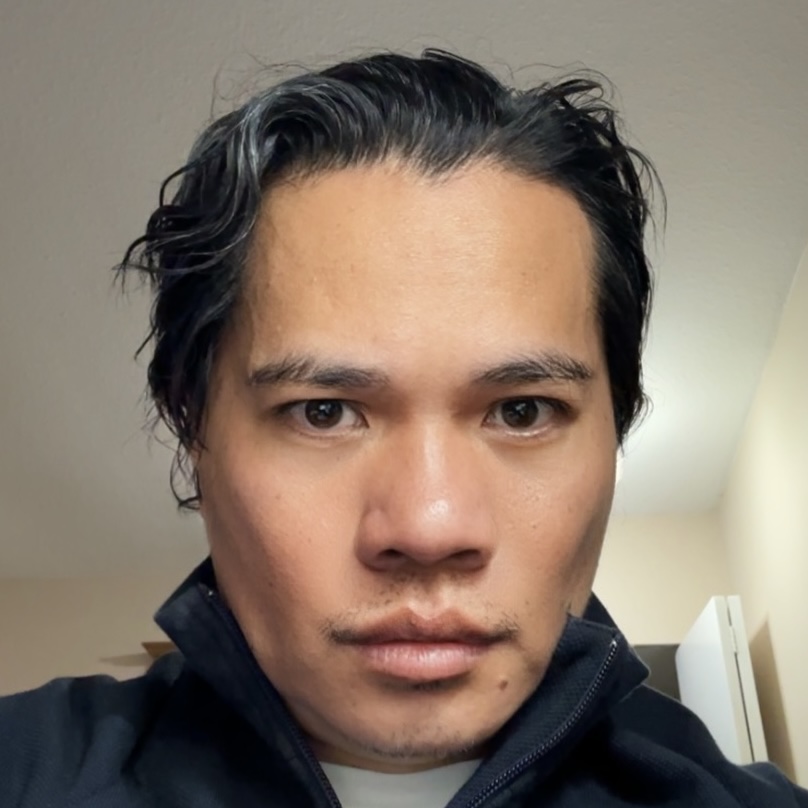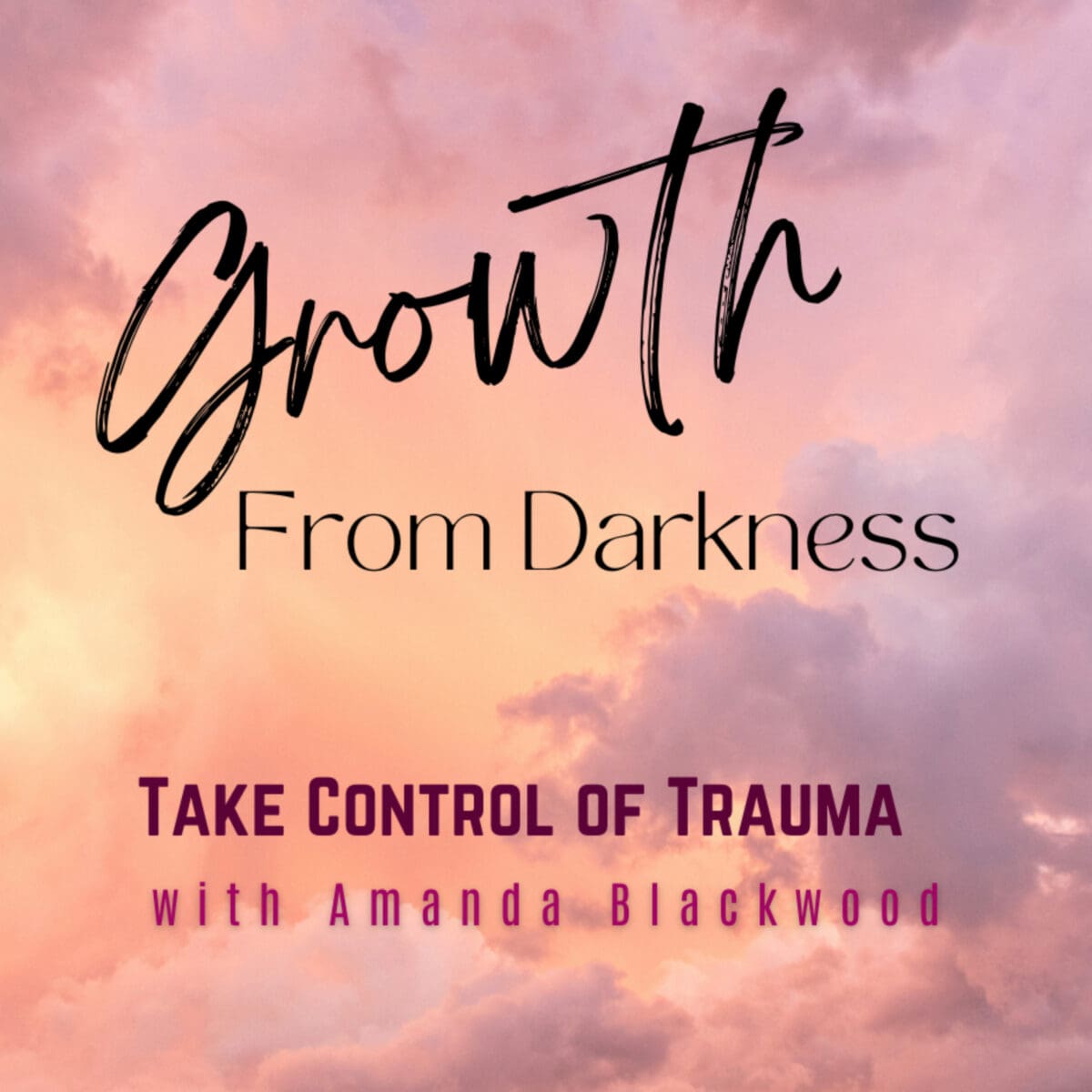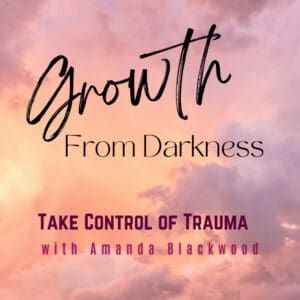One way that Trauma can lead to anxiety is by altering the way the brain processes fear. When we experience a traumatic event, our brain’s fear center, the amygdala, becomes more sensitive. This means that we are more likely to experience fear and anxiety in response to even minor threats.
Another way that trauma can lead to anxiety is by creating a sense of hypervigilance. People who have experienced trauma may be constantly on the lookout for danger, even when there is no real threat. This can lead to chronic anxiety and worry.
Anxiety as a trauma response can manifest in a variety of ways.
One of them showed up in me during this episode when I suddenly realized the episode would air AFTER. Thanksgiving, and not on the holiday itself.
Deep breathing exercises:
Amanda Blackwood is an accomplished artist and author, public speaker, podcast host, trauma recovery mentor and a survivor of human trafficking. A portion of every book sale goes to help fight human trafficking. Amanda lives in Denver, Colorado with her rescue cats and supportive husband who keep her sane.












































BabyBoomer.org is an online membership community created by and for the Baby Boomer Generation. Boomers, and those who service and support them, are welcome to join our community accessing all general topics.
Notifications


